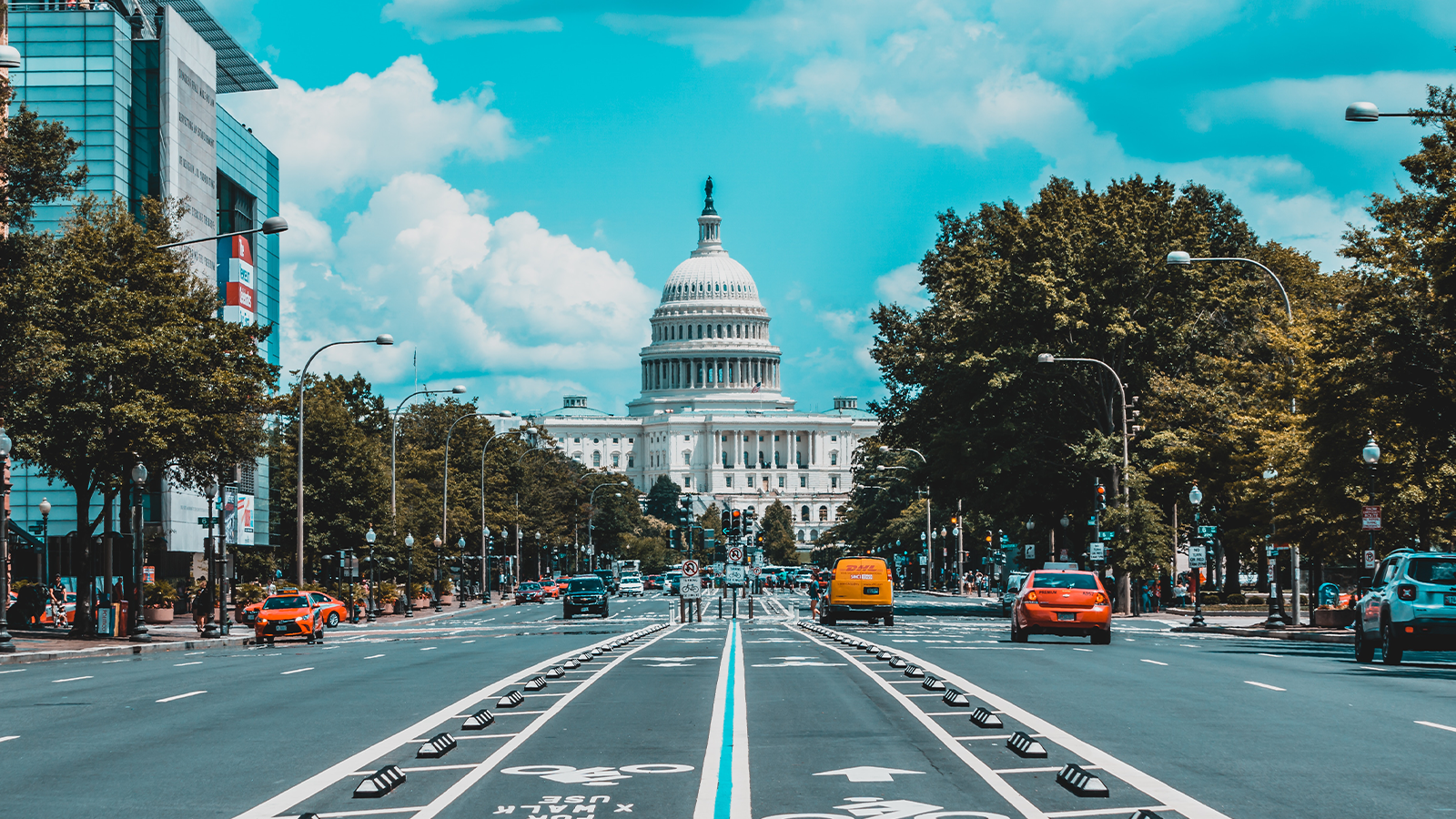Washington to Eliminate 37% Tax on Medical Cannabis
NEW YORK- In a significant legislative move, Washington State has taken steps to alleviate the financial strain on medical cannabis patients by abolishing the 37% excise tax previously levied on their medicine. This decision follows the recent passing of a bill aimed at exempting medical cannabis patients and designated providers from the hefty tax, marking a notable shift in the state’s approach to cannabis taxation.
House Bill 1453, introduced last year, garnered attention for its proposal to eliminate what has been widely criticized as one of the highest tax burdens on medical cannabis products in the nation. The legislative summary of the bill outlined its intention to offer a tax exemption from the 37% cannabis excise tax for qualifying patients and designated providers possessing a recognition card. This exemption applies to purchases of cannabis products that meet the Department of Health’s (DOH) compliance and testing standards.
The current system imposes a 37% cannabis excise tax on the retail sale of cannabis concentrates, usable cannabis, and cannabis-infused products in Washington. This tax is applied in addition to the state and local sales and use taxes, contributing to a significant price increase for end consumers. However, under the new legislation, eligible medical cannabis purchases will be exempt from this excise tax, a move expected to significantly reduce the cost burden on patients relying on cannabis for therapeutic purposes.
Legal experts and advocacy groups have lauded the bill’s passage, highlighting the disproportionate financial challenge faced by medical cannabis patients compared to recreational users. The Seattle-based law firm Harris Sliwoski emphasized the importance of recognizing medical cannabis as a necessity rather than a luxury, pointing out the unfairness of taxing it at the same rate as recreational cannabis. They stressed that medical cannabis is often an essential treatment for individuals with chronic pain, epilepsy, PTSD, and other conditions, and that imposing high taxes on these patients exacerbates their financial hardship.
Critics of the previous tax regime argued that it discriminated against medical cannabis patients, undermining the principle of harm reduction central to medical cannabis legalization policy. The high cost of medical cannabis, coupled with the lack of insurance coverage, forced many patients to compromise on their treatment due to financial constraints. By removing the 37% excise tax, Washington State acknowledges the therapeutic value of cannabis and aligns its tax policy with the principles of fairness and compassion towards patients.
The bill now awaits the signature of Governor Jay Inslee. Upon approval, the law will come into effect ninety days after the current legislative session ends, providing significant tax relief to medical cannabis patients and their providers. This legislative change is a milestone in Washington’s cannabis policy, reflecting a growing recognition of the need to treat medical cannabis with the same respect and consideration as other forms of medicine.



































